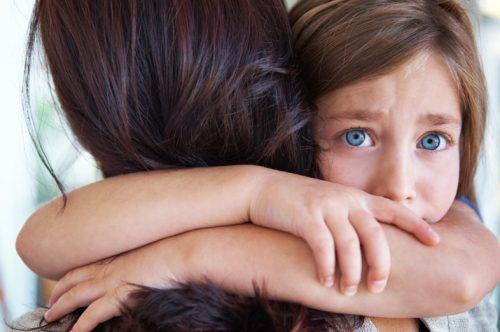Mr. Rogers is Right: Secure Attachment Allows for Growth After Trauma
Childhood is a critical time for discovering and enhancing the secure attachment ideally built in the early years of a parental relationship with a child. Our earliest relationships do a great deal to establish our sense of self and wellbeing. Knowing, “I matter, my needs matter, and my loved ones will help keep me safe”… Read more »
Learn More








